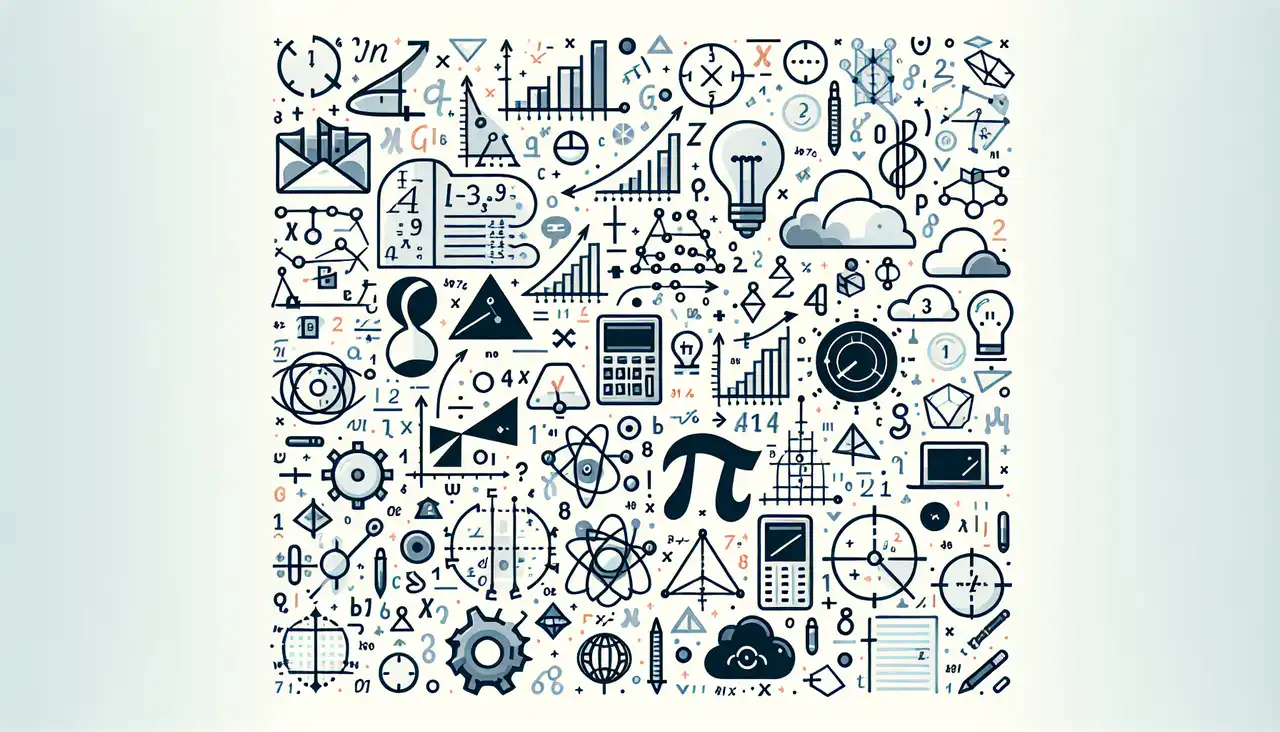

Chris Hruska
Dr. Chris Hruska has a profound understanding of the intricate world of mathematics, particularly in the realms of topology and geometric group theory. As a Professor in the Department of Mathematical Sciences at the University of Wisconsin-Milwaukee, he has dedicated his career to exploring the complexities of relative hyperbolicity and nonpositive curvature. His academic journey began with a solid foundation in Mathematics and Computer Science at the University of Maryland, College Park, which was further enriched by a PhD from Cornell University. Throughout his career, Dr. Hruska has been at the forefront of mathematical research, contributing significantly to the understanding of connectedness properties of groups, surface group amalgams, and the distortion of surfaces in graph manifolds. His work has not only been recognized through numerous publications but also through the grants he has received to support his research endeavors. These grants have enabled him to delve deeper into his areas of interest, pushing the boundaries of what is known in the field. In addition to his research, Dr. Hruska is deeply committed to the mathematical community. He actively organizes conferences and lectures, providing platforms for knowledge exchange and collaboration among mathematicians. His efforts in these areas demonstrate his dedication to fostering a vibrant and dynamic mathematical community, where ideas can be shared and developed. Dr. Hruska's contributions extend beyond his research and community involvement. He is also a passionate educator, inspiring the next generation of mathematicians through his teaching. His ability to convey complex mathematical concepts in an accessible manner has made him a respected figure among students and colleagues alike. Through his work, Dr. Hruska continues to make significant strides in the field of mathematics, driven by a relentless curiosity and a commitment to advancing knowledge. His career is a testament to the impact that dedicated research and community engagement can have on the development of mathematical sciences.
Publications
, 1807-1856, 2010-09-03
, 205-275, 2004-02-12
, 441-458, 2005-03-01